Do Dogs Dream?

It’s a familiar sight for many dog owners: your pup is fast asleep, but their paws twitch, their eyes flicker, and maybe you even hear a sleepy bark. It’s almost like they’re dreaming—and they probably are. But what do dogs dream about, and how do we know?
Jump to:
- Do Dogs Actually Dream?
- What Do Dogs Dream About?
- How Do We Know Dogs Dream?
- Do All Dogs Dream?
- Is Dreaming Good for Dogs?
- FAQs
Do Dogs Actually Dream?

Yes, dogs do dream. Research has shown that dogs experience REM (Rapid Eye Movement) sleep, the stage of sleep where dreaming most commonly occurs in humans. During REM, the brain is highly active—even though the body is still. It’s the same for dogs.
What Do Dogs Dream About?
While we can’t ask them, scientists believe dogs dream about their daily experiences—much like humans. Your dog might be reliving a game of fetch, exploring a favourite park, or interacting with you or other animals. Their dreams likely reflect what matters most to them in their waking life.
How Do We Know Dogs Dream?
Researchers at MIT studied the sleep patterns of rats and found that their brains activated in ways consistent with their daily activities—especially while running mazes. Because dogs have even more developed brain structures, scientists believe they too dream about everyday experiences.
Veterinary neurologists also note that physical signs like twitching, leg paddling, or whimpering during sleep usually occur during REM, supporting the idea that dogs are dreaming.
Do All Dogs Dream?

Yes, all dogs dream—but the frequency and intensity may vary. Puppies tend to dream more often, likely because they’re processing new experiences and learning rapidly. Senior dogs may also dream more. Breed and size can play a role too; smaller breeds tend to have more frequent dreams, while larger breeds may dream for longer stretches.
Is Dreaming Good for Dogs?
Dreaming is a healthy part of sleep and mental processing. It helps dogs organise memories and emotions, supports learning, and may even contribute to emotional regulation. You should never wake a dreaming dog unless necessary—it’s best to let them sleep soundly, even if they appear active or vocal in their dreams.
FAQs
Should I wake my dog if they’re dreaming?
Not unless you have to. Twitching or barking during sleep is normal. Waking them suddenly can be disorienting or even distressing.
Do dogs have nightmares?
Possibly. Some signs like crying, growling, or frantic movement may suggest a negative dream, especially in dogs with past trauma or anxiety. But they usually settle quickly once awake.
How can I tell if my dog is dreaming?
Look for signs like twitching paws, ear flicks, tail movement, whimpering, or changes in breathing. These usually happen during REM sleep, which starts about 20 minutes into a nap.
Do dogs dream about their owners?
Almost certainly! Studies show dogs form strong emotional bonds with their humans. It's likely that their dreams include interactions with you—play, affection, or shared routines.


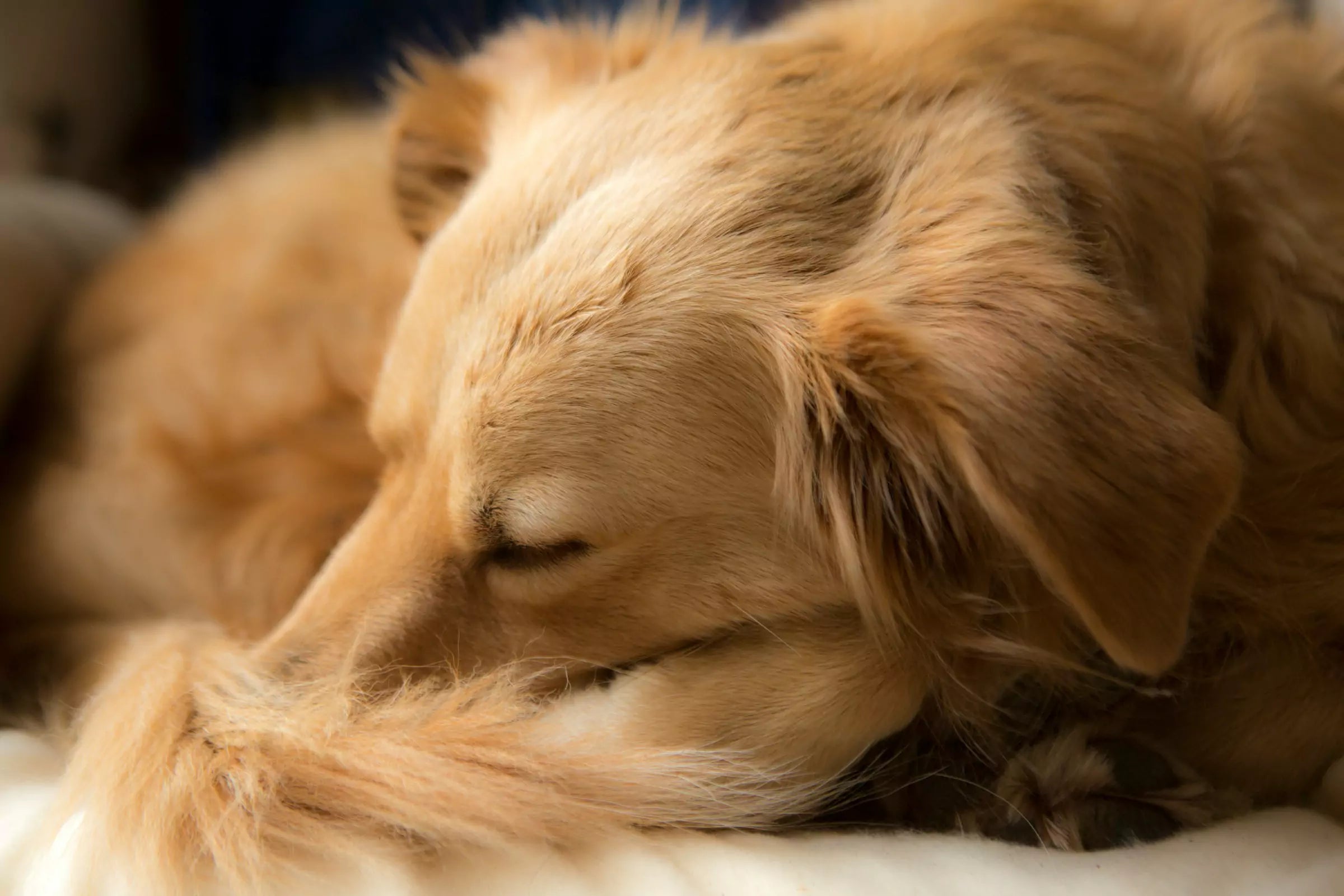
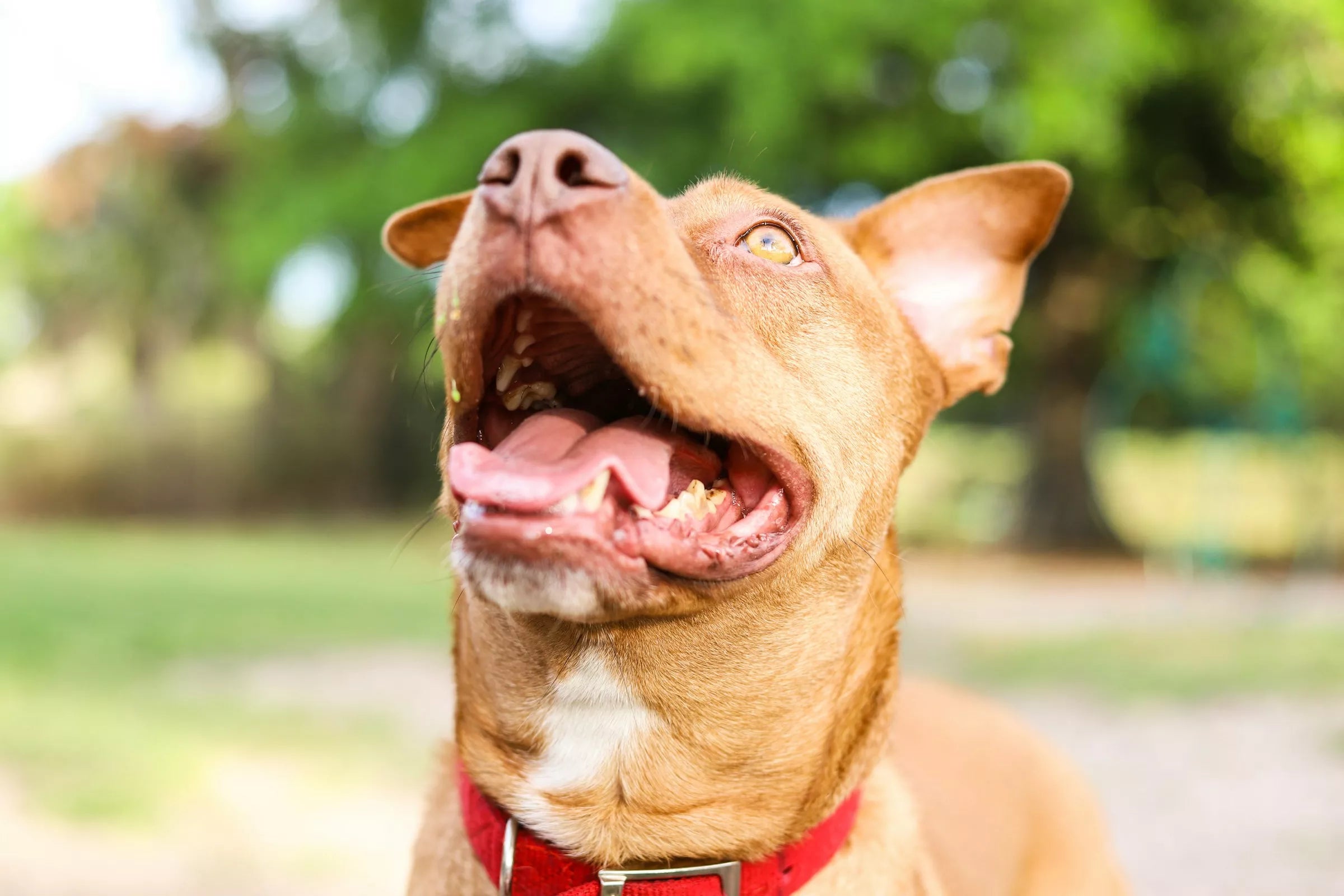

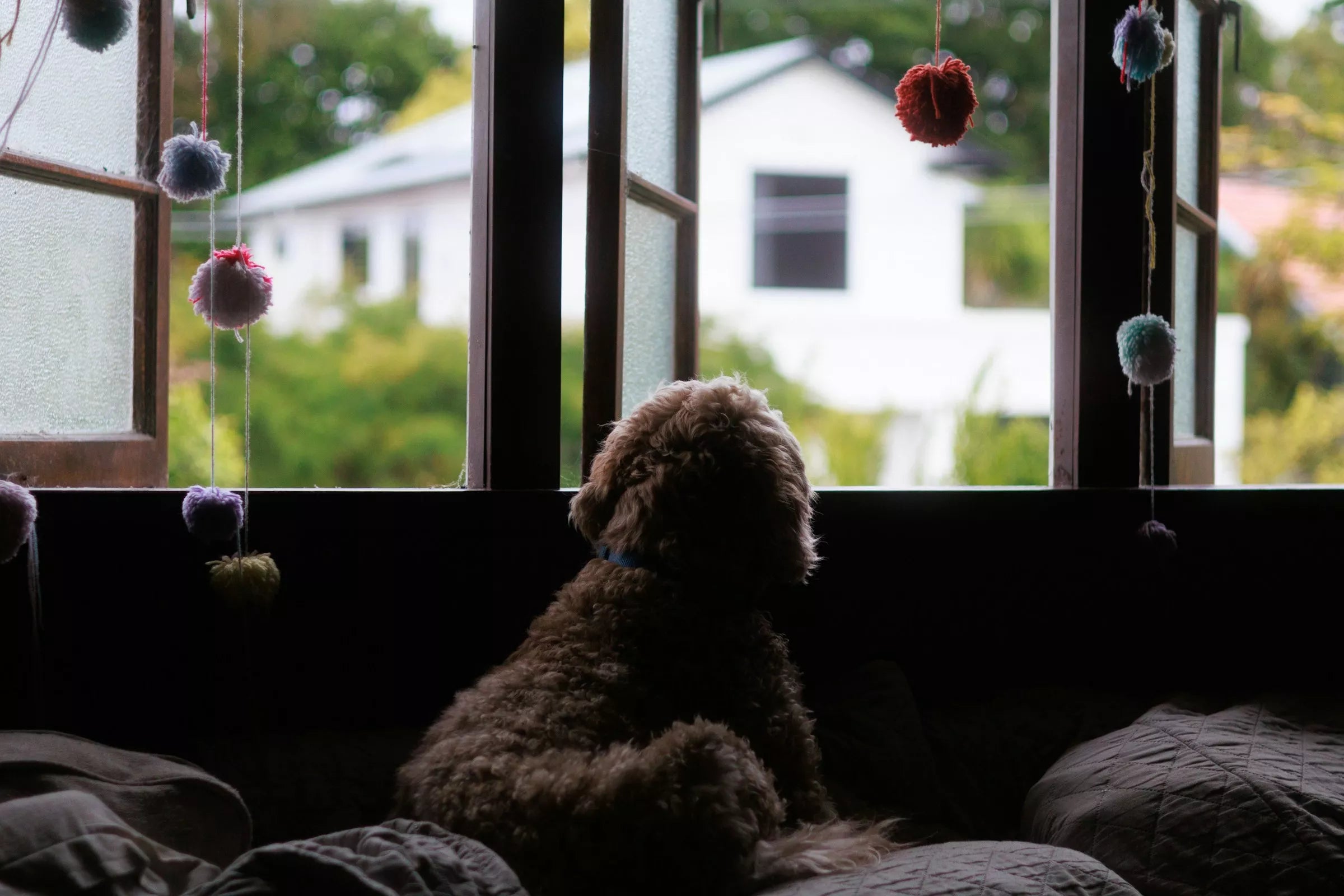
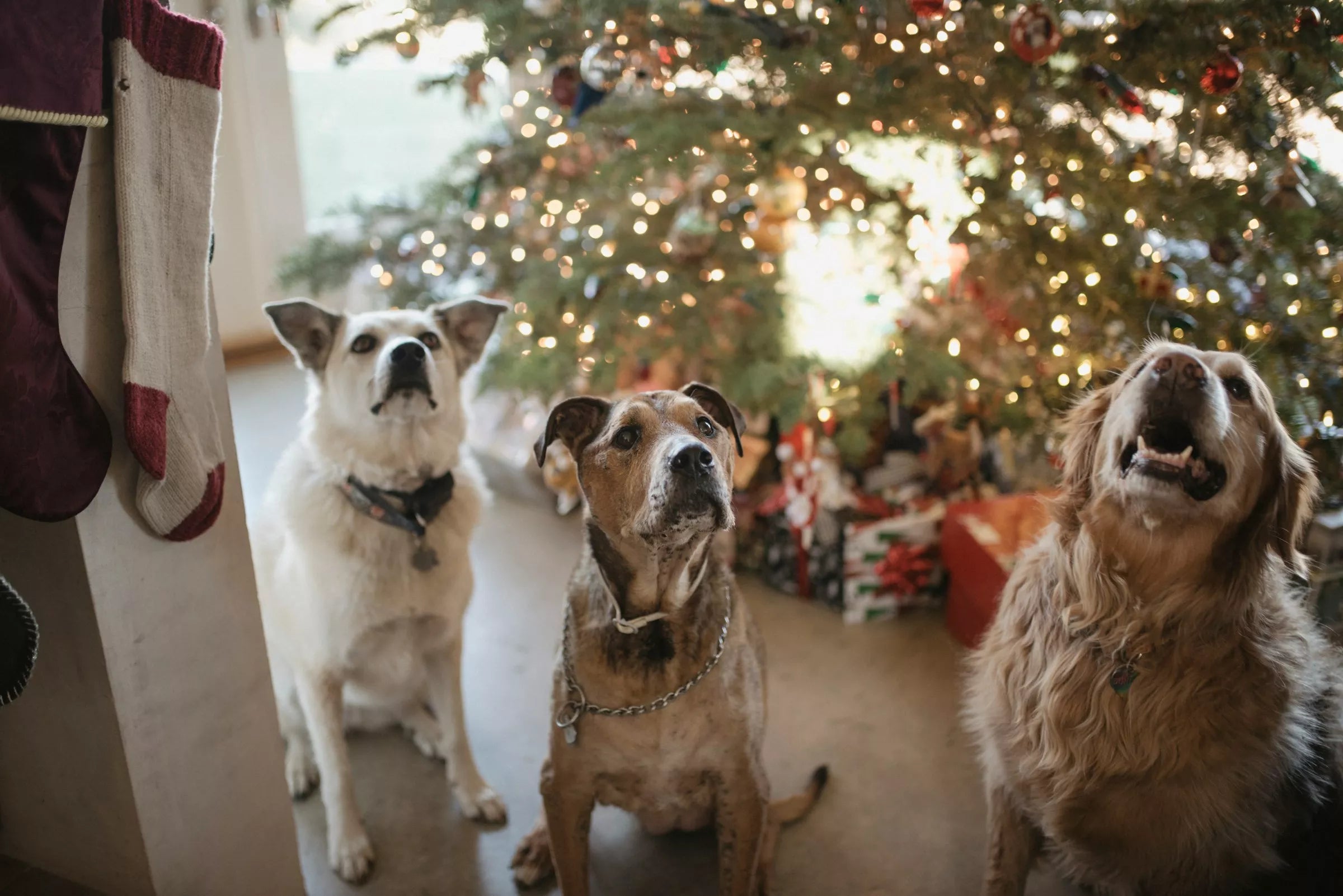
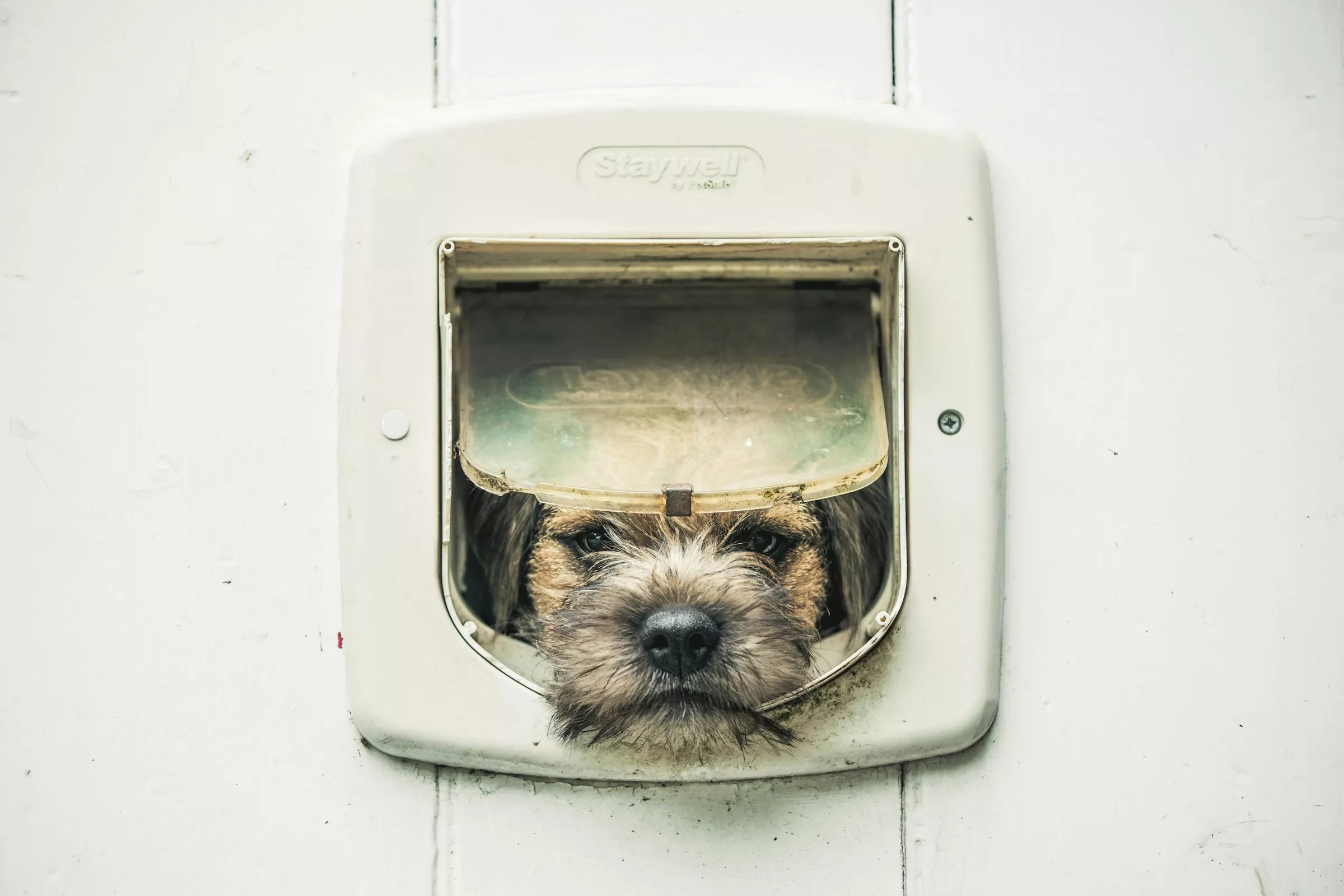







Share:
How Do You Stop Dogs from Digging?
Why Do Dogs Chase Their Tails?